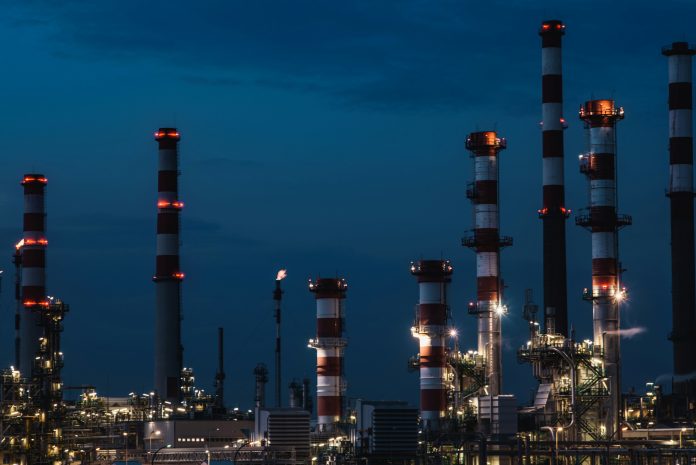Western governments have strengthened the financial pressure on Russia with a fresh wave of sanctions aimed squarely at the country’s oil revenues—still the backbone of its wartime economy.
In October 2025, the United States, United Kingdom and European Union each unveiled new restrictions targeting Russia’s largest oil producers, Rosneft and Lukoil, claims KYC360.
The measures also extend to organisations and intermediaries that help keep Russian oil flowing. Collectively, the actions reflect a coordinated attempt to restrict Moscow’s access to capital by cutting into its most significant export industry.
The latest round of US penalties arrived on 22 October 2025, when the Treasury named Rosneft and Lukoil as sanctioned entities and called for an immediate ceasefire. Under US sanctions rules, any organisation that is 50% owned or controlled by either company is automatically covered. This dramatically broadens exposure across supply chains and associated markets, increasing the compliance burden on firms operating internationally.
In the UK, sanctions were widened just days earlier. On 15 October 2025, the government confirmed 90 new restrictions connected to Russia’s oil sector, stretching well beyond the two major oil firms.
The update also included designations on four oil terminals in China and 44 tankers linked to the so-called “shadow fleet”, a covert network of vessels used to transport Russian crude outside official channels. The UK’s approach underscores its intention to disrupt the full infrastructure supporting Russian oil exports, not just the producers themselves.
The EU followed with its 19th coordinated package of sanctions against Russia on 23 October 2025. This update further tightened restrictions on Rosneft and Gazprom, alongside sanctions against three Chinese entities involved in buying large volumes of Russian crude. The bloc also confirmed a phased ban on imports of Russian liquefied natural gas (LNG), prohibiting LNG from long-term contracts from January 2027 and ending short-term arrangements within six months. The move signals a significant shift in the EU’s long-term energy transition strategy.
Taken together, the sanctions illustrate how compliance obligations now extend far beyond screening well-known Russian oil majors. Regulators increasingly expect firms to identify indirect links, associated actors and supporting entities across transport, financing and trade infrastructure. This broadening scope raises complexity and makes regular due-diligence reviews essential for organisations with global exposure.
To maintain strong alignment with the new measures, firms are advised to review any potential sanctions exposure across customer, supplier and transaction data, ensuring that Russian oil companies—or those closely connected to them—are not present in corporate structures. As indirect risks often emerge through shipping or financial intermediaries, compliance teams must scrutinise all layers of involvement. Monitoring programmes also need to remain up-to-date, as regulators have signalled that further designations and clarifications will continue as enforcement tightens. Recording decisions, controls and rationales clearly is another key step in protecting firms against regulatory or reputational fallout.
KYC360 said its screening technology helps reduce complexity by combining data from world-class sources including Dow Jones, LSEG (World-Check) and LexisNexis, all of which draw directly from OFAC and consolidated UK/EU lists. KYC360 Screening is designed to detect both direct and indirect sanctions exposure through mapped relationships, enabling firms to identify risks that could otherwise be missed. Daily monitoring alerts ensure changes are captured immediately, while full audit trails support transparent oversight for regulators.
These measures demonstrate an international effort to restrict the ecosystem that enables Russia’s energy revenues. As sanctions continue to evolve, firms must ensure their controls are comprehensive, continuously updated and backed by clear documentation.
Copyright © 2025 RegTech Analyst
Copyright © 2018 RegTech Analyst






